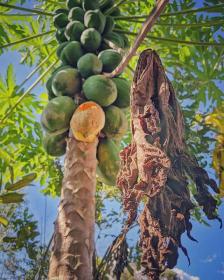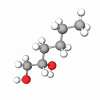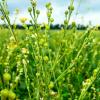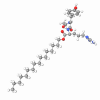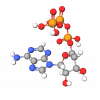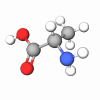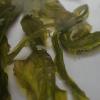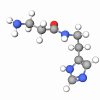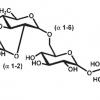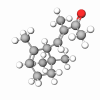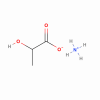Papaya is an exotic fruit with latex that has several industrial uses. The latex contains several proteins and alkaloids used in pharmaceuticals and other industries. One of those proteins, papain, is very important. It is a proteolytic (brakes down proteins) enzyme with several uses in industrial processes and skin care as an alternative natural ingredient that can replace synthetic AHAs and BHAs.
Papain is produced from the milky latex of all papaya parts but especially in the green, unripe fruits by scarification of the skin of the fruit and inducing latex flow. Harvested latex drys before collection and makes it suitable for processing.
Evolutionarily, papain protected the plant and unripe fruits from animals and insects. Today it has multiple uses in food biotechnology, including the production of chewing gums, chill-proofing beer, etc., in processes that require partial hydrolysis (breaking down) of proteins. It is also valuable in the textiles industry for degumming silk, softening wool, and tanning leather.
In the pharmaceutical industry and medicine, papain is used in drugs for different digestive disorders, in vaccines, and the treatment of infected wounds and skin keratoses. In addition, it reduces swelling, fever, and bindings after surgery. Moreover, this multifunctional enzyme can even dissolve membranes in case of diphtheria, saving children's life.Thanks to its proteolytic (keratolytic - breaks down keratin) property, papain is a unique and natural ingredient that can eliminate dead and dull cells from the skin surface, providing gentle enzymatic exfoliation. It is used in high-end organic formulas aiming for deep cleansing, skin brightening, and rejuvenation. Papain is a valuable ingredient for skin, oral, and hair care preparations, from soap and toothpaste to shampoos and skincare applications.
